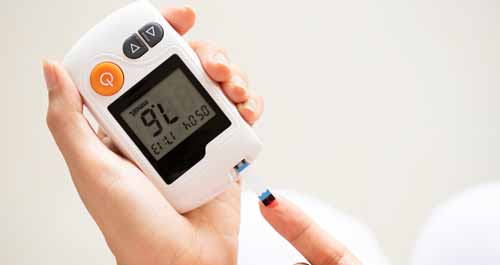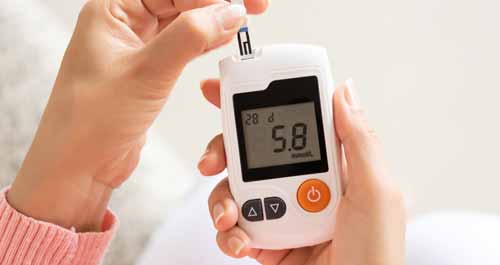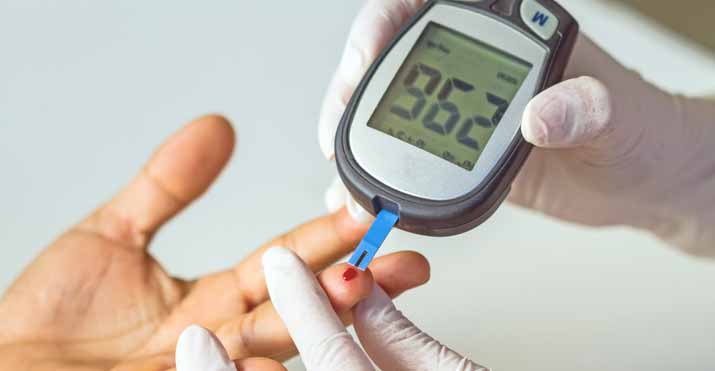For people without diabetes, the effects of insulin return to their blood sugar near normal range for about 1-2 hours after feeding. Moreover, their blood sugar levels do not usually rise as high as diabetes because the insulin is transmitted to your circulatory system directly when you feed.
Our bodies need sugar urgently, because it is the fuel that gives our cells the energy to keep us alive. We cannot survive without glucose. Our bodies will find a way to reduce our body components to a usable supply of food, muscle or fat.
Problems begin to occur when the continuing supply of simple sugars in the bloodstream is interrupted (and our body is able to insulin it into cells). There are several explanations for this, but the bottom line is that blood sugar levels tend to increase and there is no harm to the body.

Scientists and doctors followed the elusive objective of trying to find a substance or combination of substances that could solve the rising glucose crisis. Their aim was to help prevent the harm to the body caused by sugar and insulin at some stage. Those with consistently growing glucose levels end up becoming diabetics, and most people are aware of the high rate of disease associated with cancer, heart attack, stroke, blindness, and amputation. What most people do not know is that harm to the body occurs at such low glucose levels. It is also necessary to maintain a healthy level of blood sugar.
What is Sugar Blood?
Your blood sugar is your blood sugar concentration. It shows physicians how well the body absorbs glucose. Sugars are processed in a normal body and used as energy for the cells in the body.
By testing your blood sugar levels, physicians will decide whether you have diabetes mellitus, a condition that is characterized by the body’s lack of blood sugar regulation.
The blood usually includes sugars including glucose, fructose and galactose.
However, only glucose levels are regulated.
What isNormal? What is Normal?
Your doctor will probably inform you that your blood sugar is high (or sometimes even low). The normal levels of glucose in your body remain within a small margin all day, depending on what you do. Standard range is between 4 and 8 mol / L.
It is necessary to remember that levels of blood sugar change all day long. They tend to rise after eating a meal, for example. They are at their lowest when you wake up in the morning before you eat your first meal. See https://apnews.com/199e9866417312b4c7cf7973b2e888d6 to know more about blood sugar level.
That is why if you are told to track your own blood sugar numbers, you will have to obey your doctor’s instructions at the same time every day. You would not be able to say any real fluctuations in it otherwise.
How Has It Been Tested?

For most people, during a regular test (or one for failure to feel well) the first time they hear something wrong with their blood sugar is in their office. Doctors can decide if one of many measures is elevated in your blood sugar. Doctors are advised how well the body responds to glucose.
Some tests are used to assess whether diabetes or pre-diabetic disorders are present. Others are used to determine how well you monitor diabetic symptoms through the treatment plan developed by you and your doctor.

